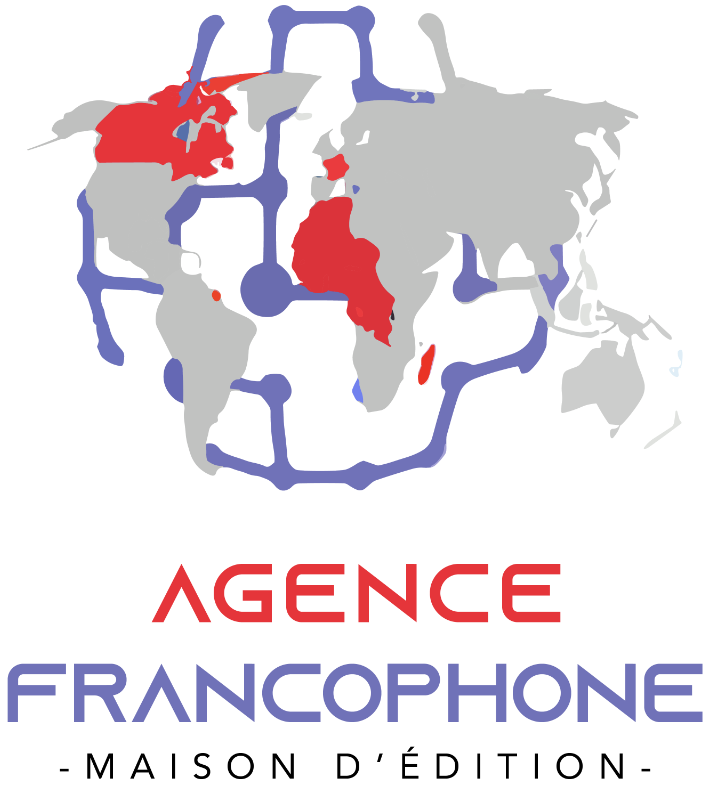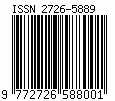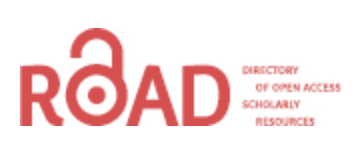Social legitimacy and perceived effectiveness: care trajectories around the use of clay in the treatment of Buruli ulcer in Ivory Coast
Keywords:
endogenous knowledge, Buruli ulcer, therapeutic clay, perceived effectiveness, medical pluralismAbstract
Abstract
This sociological study explores the social legitimacy and perceived effectiveness of clay use in the treatment of Buruli ulcer in Côte d’Ivoire, based on a qualitative investigation conducted at the Aboutou health center. The sample consists of 23 participants, including former patients, family caregivers, traditional healers, and health workers. The study reveals a dynamic medical pluralism in which patients navigate between biomedical care and endogenous knowledge, guided by pragmatic logics rooted in bodily experience and visible outcomes. Clay, valued for its sensory properties (drying, healing, pain relief), is socially legitimized through intergenerational community transmission and strong territorial anchoring. However, this local recognition contrasts with the weak institutionalization of therapeutic practices derived from traditional knowledge, highlighting a persistent epistemological gap between community-based knowledge and biomedical norms. The study emphasizes that therapeutic effectiveness is socially constructed and based on situated experiential criteria. It calls for the revalorization of vernacular knowledge and the establishment of mediation mechanisms between conventional health actors and traditional practitioners, in a perspective of cognitive justice and inclusive healthcare. This research contributes to a critical reflection on power relations in the legitimate definition of care and on the conditions for the equitable integration of traditional medicine into public health policies.
Downloads
Downloads
Published
How to Cite
Issue
Section
License
Copyright (c) 2025 Lhaur-Yaigaiba Annette OUATTARA

This work is licensed under a Creative Commons Attribution-NonCommercial 4.0 International License.















